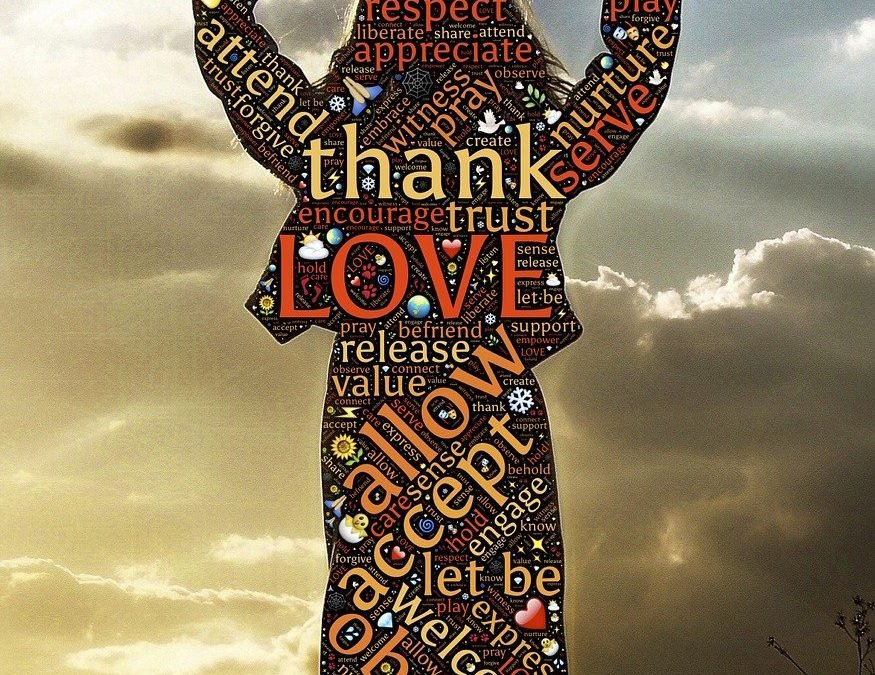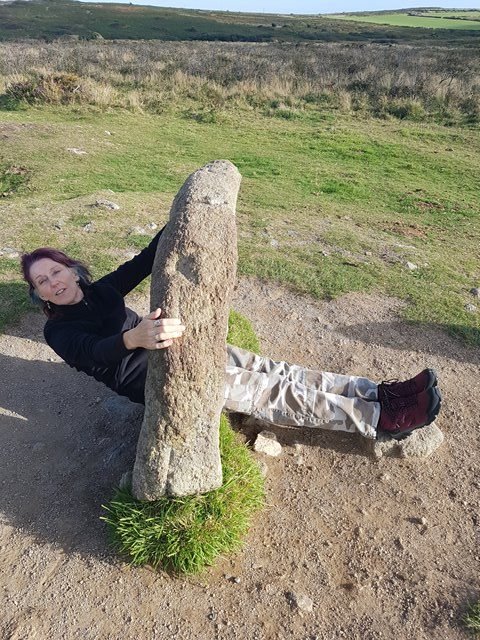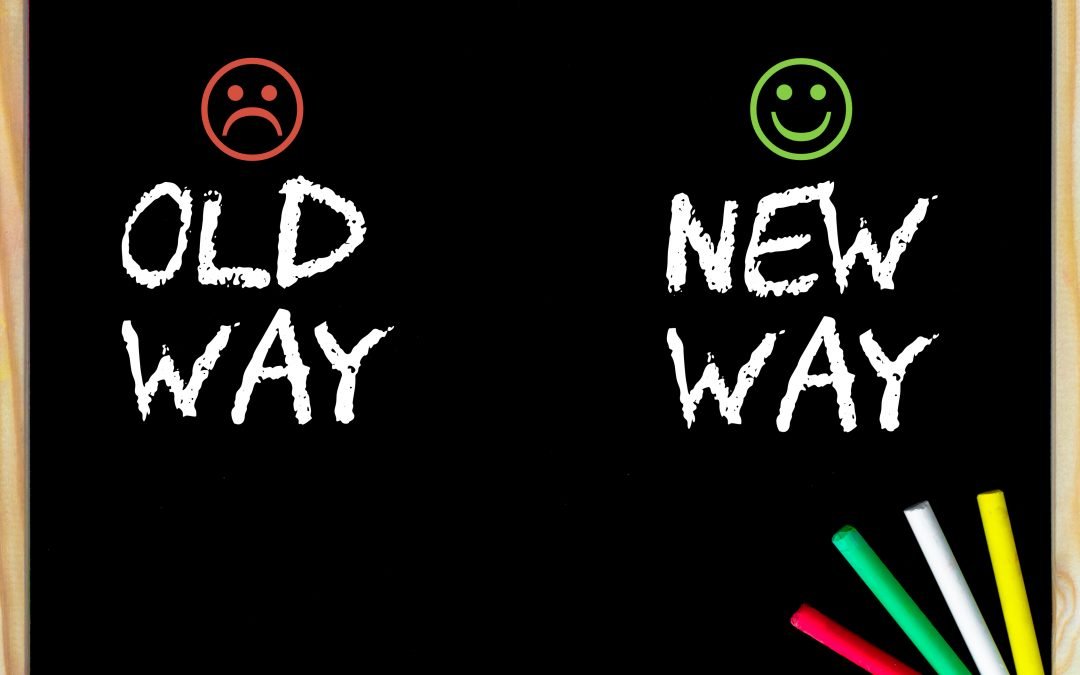
by Judith Stafford | Jun 30, 2023 | Becoming a Wise Woman
Why you should embrace becoming an elder Nobody wants to get old. Most of us would prefer to avoid the ageing process if we could. But this is impossible; our bodies will age whether we want them to or not. That doesn’t mean there is nothing you can do to stay strong and healthy as much as possible, but that ageing is inevitable. The purpose of the second half of life The psychologist Carl Jung believed that the second half of life is for knowing and becoming your true self. It isn’t easy to pinpoint an exact age for when the second half of life begins. But I would say it is sometime in our late 40s. Nobody knows how long they have to live, but this is when most of us will begin to feel things have changed. The catalyst could be the death of a loved one, an illness or a traumatic event, or it could be as simple as realising that your priorities have changed. You begin questioning your values and what you want for the rest of your life. Past focuses, such as career or family, may take a back step as your needs change and you focus on what you want rather than the needs of others. Part of this process involves coming to terms with your mortality. It is scary – but you can’t ignore it or pretend it isn’t happening. Ageing in the 21st Century This new century has seen changes in the way we age. We are healthier and wealthier and have more time to spend after retirement than other generations....

by Judith Stafford | Mar 2, 2021 | Becoming a Wise Woman
Why Life is great as you get older - Part 1 Now is the best time to take a good, hard look at who you are and begin healing those old emotional wounds. By the time you reach midlife, you will have had many experiences, some good, some bad and many, many in-between. You will have run the whole gamut of emotions, including joy, sorrow, anger, fear, hope, gratitude, contentment, anxiety, guilt, inspiration, and indifference, to name but a few. Some of these negative feelings and the experiences that created them may need processing in order to live a satisfying, fulfilling life without regrets. Midlife is the perfect time to examine the experiences that have had the most significant adverse effect on our lives. By now, we should have the skills and the maturity to see what happened more objectively and accept and forgive ourselves and others for the pain caused. Many events in our lives can upset us, and if repeated, they can lead to destructive behaviour and bad habits. If we want to have the best possible time during the second half of our lives, we must process some of the bad habits and limiting beliefs we have accumulated that are holding us back. This might seem daunting, and I do not suggest you try to deal with everything simultaneously. But there will almost certainly be particular behavioural patterns that you recognise in yourself that you would like to change. The most frequent include: Self-sabotage Feeling unloved or unlovable Procrastination and perfectionism People pleasing Negative self-talk Refusing to ask for or accept help Blaming others Not feeling...

by Judith Stafford | Feb 3, 2021 | Becoming a Wise Woman
Regeneration is for Women in Midlife Too many of us view getting older as an ending. The end of youth, the end of fertility, the end of periods (hurray!) and even the end of our attractiveness and visibility to men. I think this is a shame. Despite what many people think, there are benefits to getting older. Instead of seeing ageing in terms of loss, we should see it as a transition. One that opens up new opportunities to the way we live our lives. The second half of our life should be seen as a transition, not an ending Life naturally moves in cycles. Women especially, move from one phase to another through their lives. We shouldn’t see any of these stages as better or worse than the others but accept that each stage has a different emphasis. During our 40s and 50s, we experience one of those transitions, the most obvious symptom of which is menopause. This is natural, and instead of fighting it, we should embrace it. When we do, midlife can be a time of renewal and regeneration. It may seem strange to have the second half of your life described as a time of renewal and regeneration. But what I mean by this is that we experience a renewal of our relationship with ourselves. Our regeneration happens, not in a Dr Who way (although, that would be fun) but as a form of rebirth. Where we throw off the restraints and shackles of who and what society says we are supposed to be we can truly become ourselves. Ageing as a mindset It is easy...

by Judith Stafford | Jan 12, 2021 | Becoming a Wise Woman
How do you feel about your age? Happy, Unhappy, Ambivalent? You are not alone if you don’t feel happy about getting older. For many women, the years between 40 and 60 (or even 70 nowadays) are a time of change, physical, emotional, and spiritual, and that change is rarely welcomed. And no wonder! Look at the words used to describe older women. Old bag Hag Cougar Crone Mutton Menopausal It is hard to find any positive words to describe us – cougar is the best we can hope for! When I am talking about myself, I tend to use the words, mid-life and second half of life to describe this period in our lives, but the word I have embraced for myself, and I would like you to as well, is ‘wise woman’. I think this is a good word to describe us as we get older. Wisdom is something that comes with age – hopefully! Therefore, it is a wonderfully positive way to portray us as we age - growing in power rather than losing it. Our identity and who we are isn’t necessarily something we think much about when we get past our teens – when we are obsessed with it! We are usually too busy being mothers, having jobs and building a life. But as we get older, children grow up and leave home, jobs become may be less exciting and we become perimenopausal and then experience menopause, how we feel about our lives can change. Menopause marks the end of our fertility. It is a definite marker in our lives that men do not have....

by Judith Stafford | Jun 1, 2020 | Becoming a Wise Woman
It will happen anyway, so you may as well embrace it. Just lately, I have been thinking about change. Some of the people close to me have been going through significant changes, and it has got me thinking about what makes me happy, how I can feel more content in life and looking at what I have to change to make this happen. I have been through some significant changes in the last few years. I have moved town twice, retrained, changed my job, and moved in with my partner. Things have changed a great deal, and mainly for the better. Yet still, some things could be better, and I would like to make this happen. We have an odd relationship with change; it can be scary. We are told that change is a good thing and that we should strive to change ourselves, our lives and our circumstances if we are not happy with them. But is this always a good idea? Is change good or bad? Is change always a good thing? If you are unhappy with something, should you change it? What about changes that are forced on you, such as losing a job or a partner? What would you call a ‘good’ change? Is it one you initiated yourself, or that turned out well? How about bad changes? Are they the ones that were forced on you or ones that did not improve your life? There are different types of change. We have no control over some traumatic changes, such as the death of a loved one or losing your job. More trivial changes, like...








Recent Comments